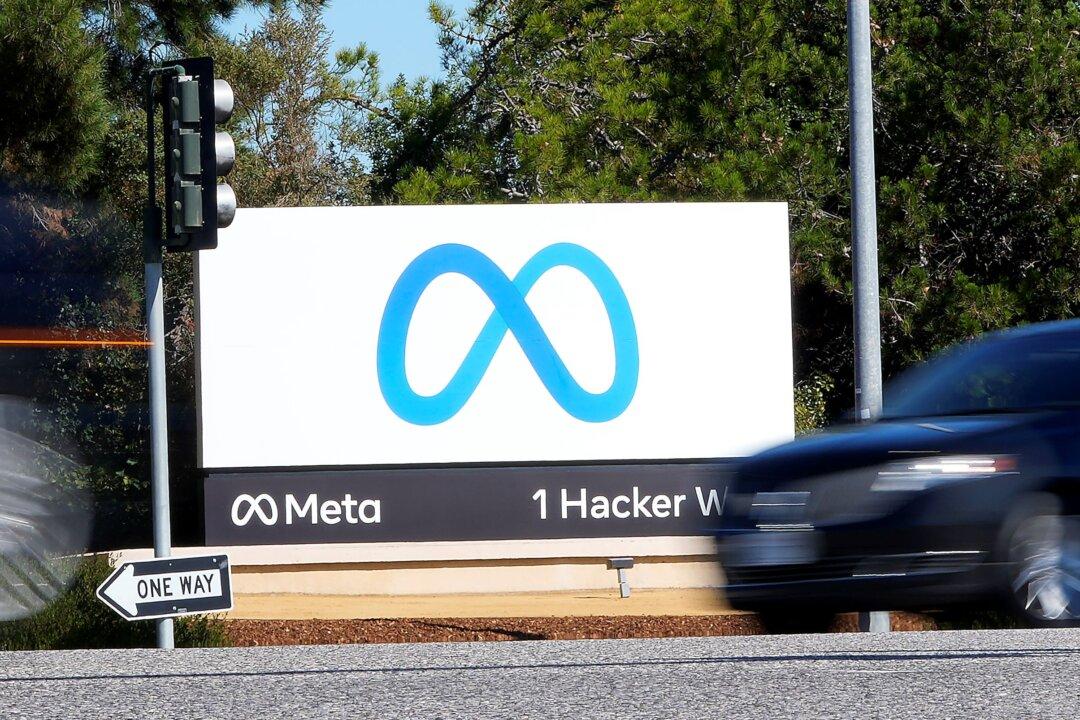Meta, formerly known as Facebook, updated its ad platform criteria for cryptocurrencies on Wednesday, by expanding the number of accepted regulatory licenses from three to 27, citing an increase in regulations as well as the stability achieved in the industry.
“Over the years the cryptocurrency landscape has matured and stabilized and experienced an increase in government regulation, which has helped to set clearer responsibilities and expectations for the industry," said the Meta announcement.





